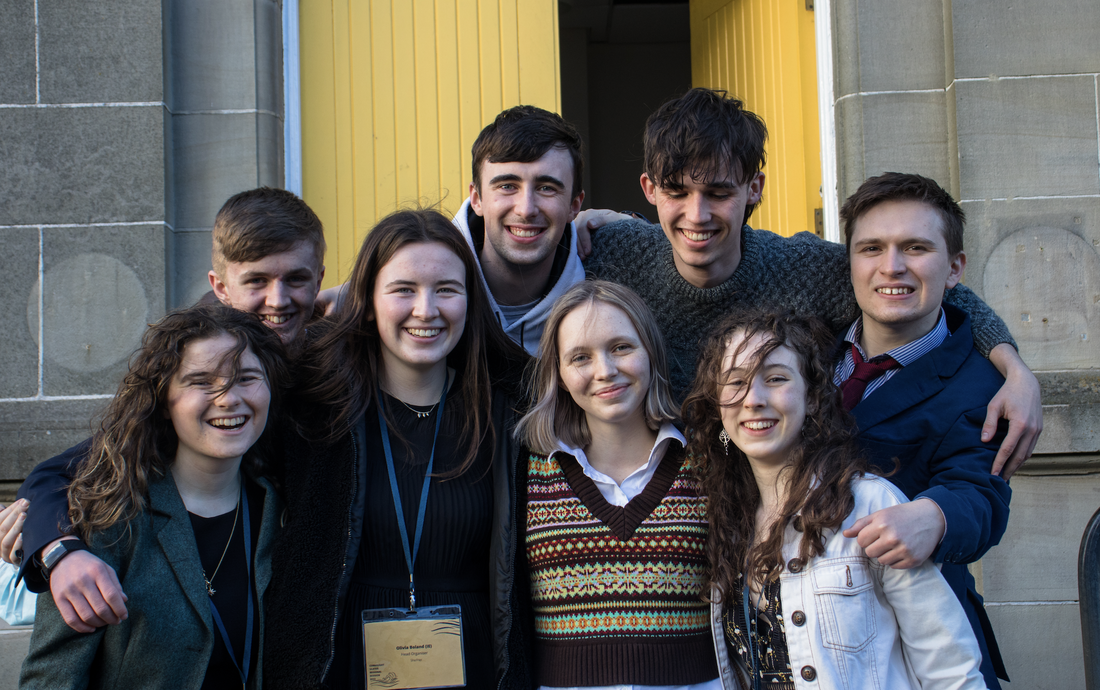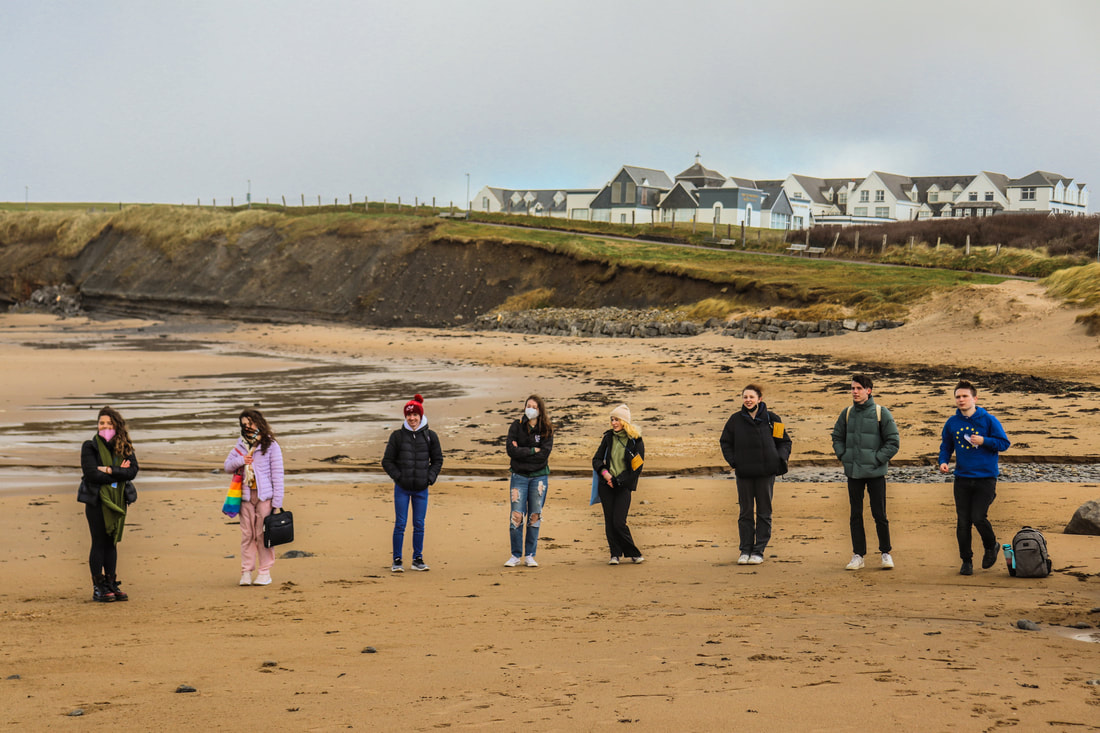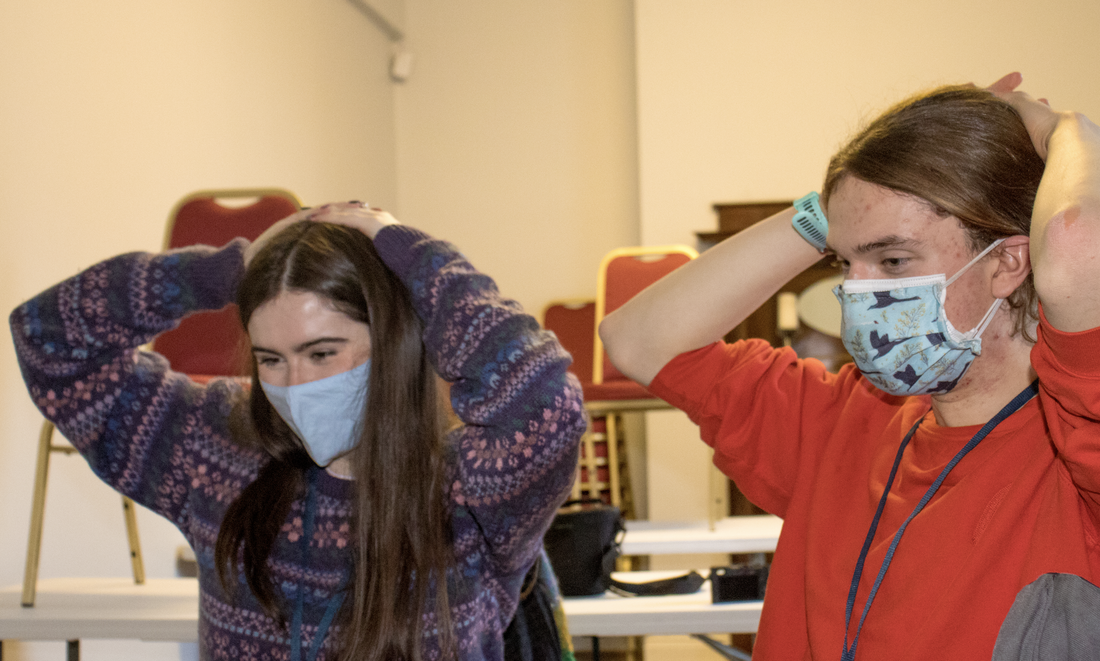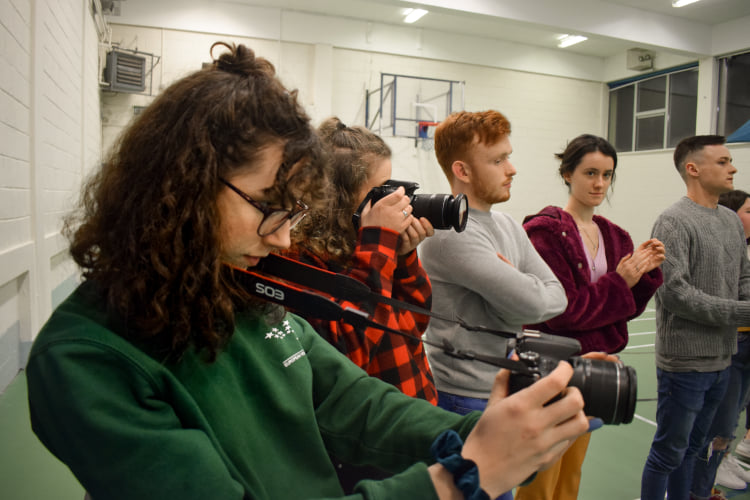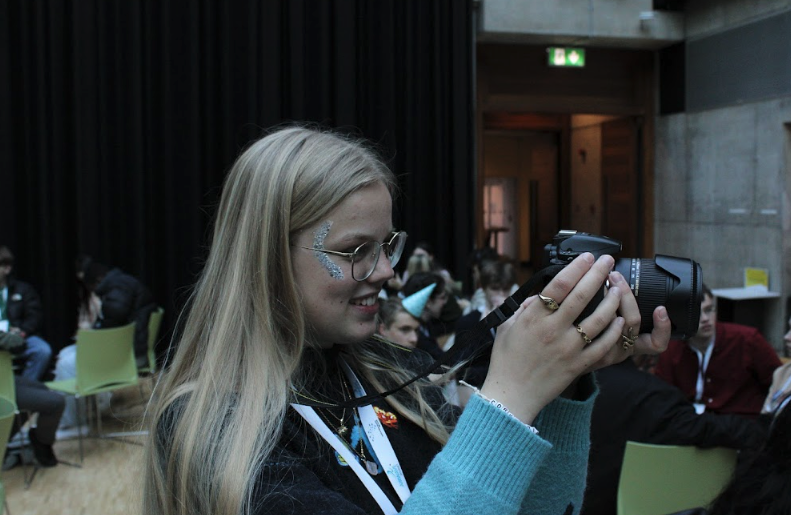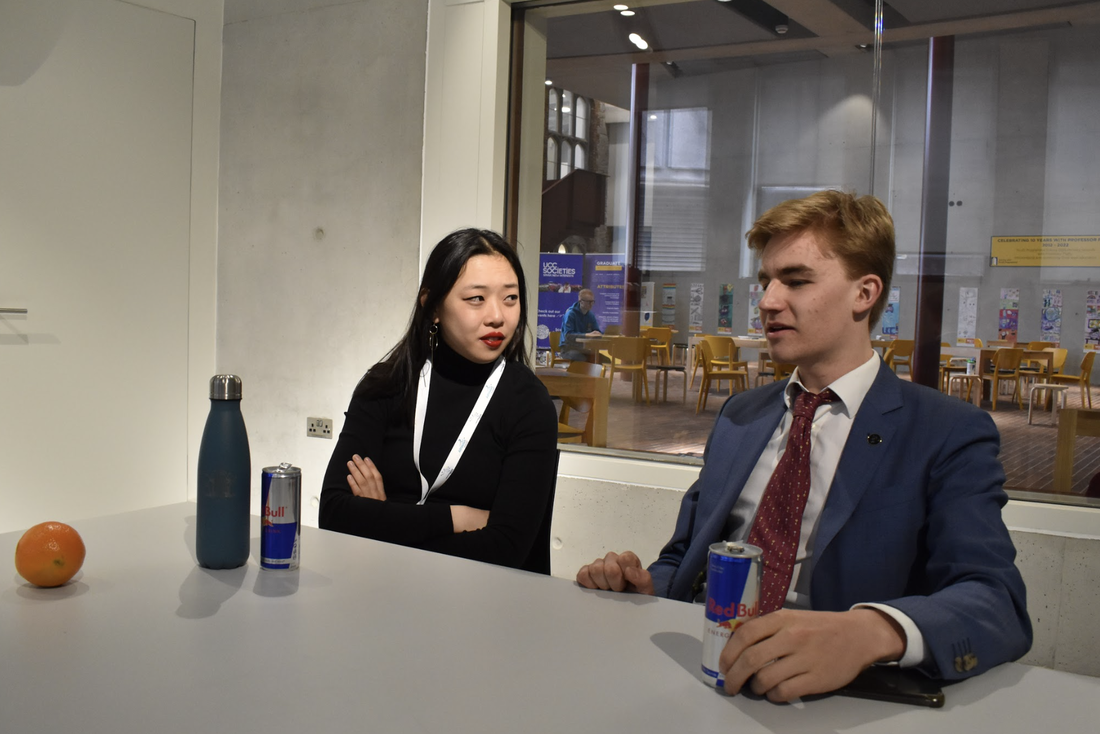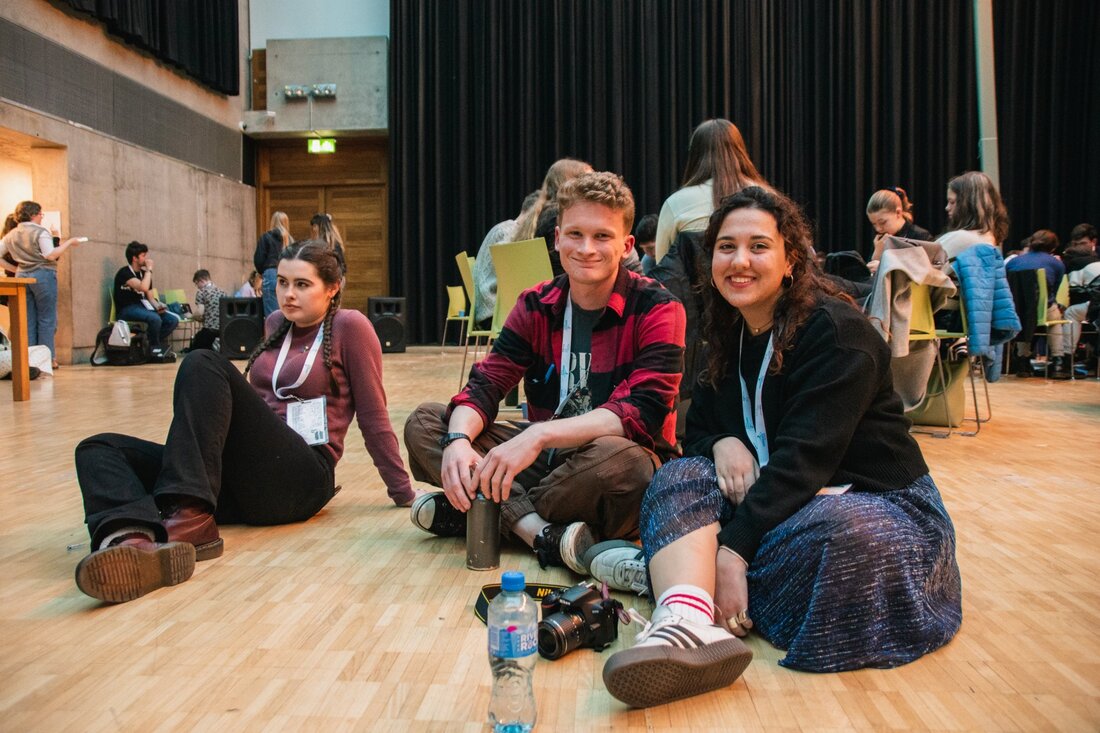Information for StudentsEach regional conference takes place over a weekend and we stress that it is vital that delegates attend all three days. The weekend is split largely into three parts as explained in the Session section.
Here are a few extra things to be noted. Firstly, what do you wear? For Teambuilding on Friday it is recommended you wear comfortable, warm clothing. You'll spend the evening taking part in a series of games and activities so dress accordingly. For Committee Work (the Saturday) the dress code is smart casual - this generally means a shirt and tie or smart skirts/dresses. Of course though, in EYP Ireland we wish for you to be comfortable, so these are only guidelines. It is important to note that Saturday morning is usually when Opening Ceremony is held. This is where the session will be officially opened by the President of the Session. Local Politicians or figures of note are often invited to Open Ceremony to speak, so it's advisable to dress smart if you are comfortable doing so. Saturday night is when our conference social event is held, these vary from conference to conference and may include anything from table quizzes to European culinary cultural exchange events! Some activities may have a dress theme but the most important thing is to dress in comfortable, and casual, clothing that you like best! All of Sunday is given over to General Assembly (GA). It is encouraged to dress in formal wear. If you are worried about what to wear, school uniforms (shirts, trousers, skirts, etc) are more than appropriate. |
Participation fees for a Regional Conference is €60.00 per student. This covers the costs associated in the running of the conference. EYP is volunteer-run and is not interested in profiting financially from its conferences. It is very important that the fees are paid in advance of conferences as fees accepted in-session will incur an administration fee of €10.00. We currently accept Stripe payments, and all necessary payment information is available on each Conference's page, as well as letters and emails sent to schools. Participation fees for the National Selection Conference is €100.00 per student. It is important to note that refunds are only available in exceptional circumstances.
It is extremely important that delegates and their parent(s)/guardian(s) have completed and submitted signed consent forms i.e. parental consent & media consent forms. These are available here on the website at the section detailing the relevant session and will also be available for download on registration online. For legal reasons, students will not be able to attend the conference without these completed forms. The forms must be signed by the delegate, a parent/guardian and the teacher in charge of EYP participation in your school.
It is extremely important that delegates and their parent(s)/guardian(s) have completed and submitted signed consent forms i.e. parental consent & media consent forms. These are available here on the website at the section detailing the relevant session and will also be available for download on registration online. For legal reasons, students will not be able to attend the conference without these completed forms. The forms must be signed by the delegate, a parent/guardian and the teacher in charge of EYP participation in your school.
Research Tips for Students
Researching the topic that you have is an important part of the weekend, otherwise what are you going to talk about? You don't have to become an expert in your topic, but it helps to have at least a moderate level of knowledge so that you can comfortably discuss it with your committee. While the Chairperson of each committee produces a comprehensive topic overview to give you an insight into different aspects of your topic, if you wish to do further research, when looking at the topic as a whole, you may find some help by structuring your research as follows:
1. What is your topic about? What is the core of what you'll be discussing? Is it a specific problem, i.e. a particular conflict or is the issue more broad, i.e. tackling low voter turnout in Europe? Perhaps write the topic out in your own words so you fully understand what exactly it is asking. 2. What is the current situation in this area? Ask yourself why is this a problem? Why is it relevant and being discussed? For example, a problem in the healthcare system, you may look at what exactly the problem is and how it occurred; equally you may try to get a good idea of what is happening now across the EU. 3. What are the possible solutions to this problem? Look at solutions that others might have proposed and ask why they haven't worked or won't work. What might be stumbling blocks to any apparently obvious solution that presents itself? What action can the EU, according to its capacities, take? 4. Do you have any of your own solutions? It's important to think about solutions that might not have been proposed or that you think might work. Remember that your research won't be the be-all-and-end-all of your committees discussion; you can work together and pool your knowledge to reach a common solution. When using the internet, be sure to check reputable news websites, such as Politico, the Guardian or RTÉ. Sometimes academic papers from Google Scholar can be quite helpful. Wikipedia can be a useful introductory source but should be used sparingly. Equally European related websites such as EUactiv are constantly updated with relevant news from in and around the EU. It usually helps to bring your research to the conference so that you can have it at the ready if you need some statistics or information that you want to consult. Catalogue it digitally using bookmarks, or if you prefer you may bring it with you in a folder. |
|

